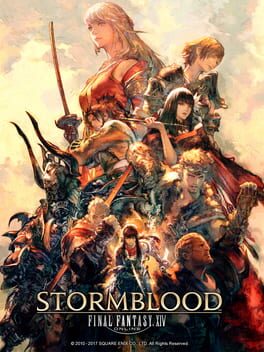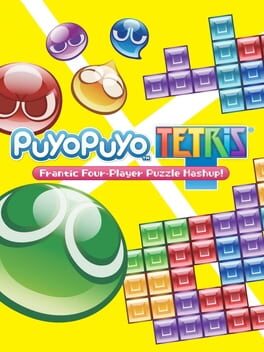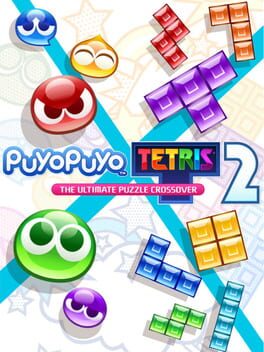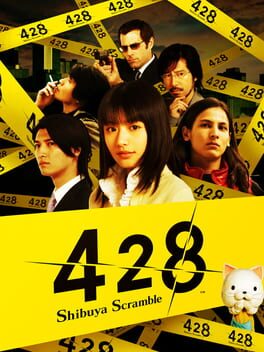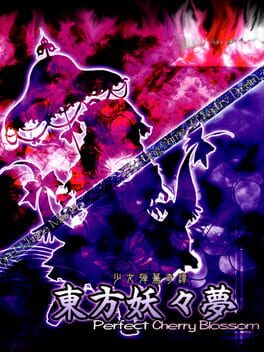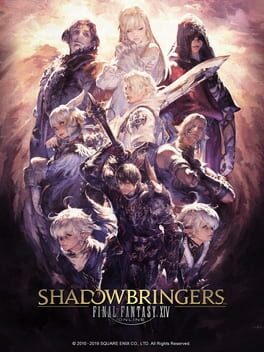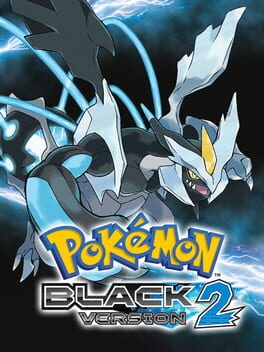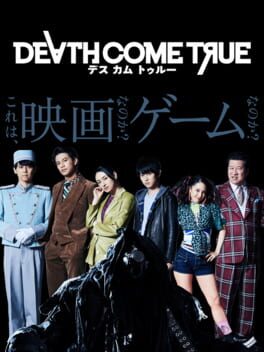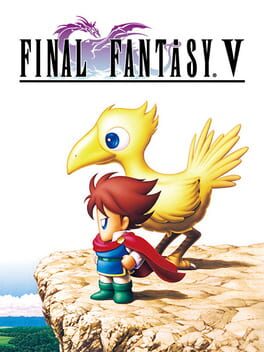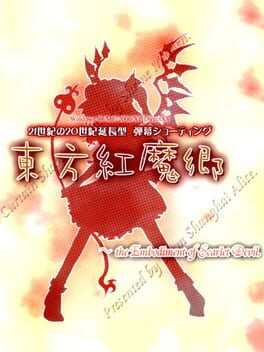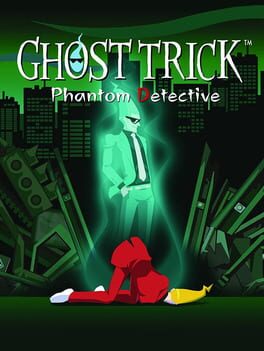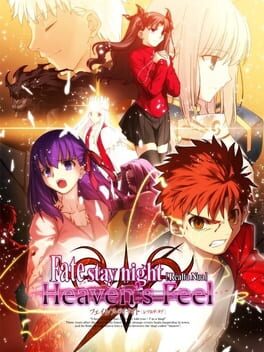guiltyparty
2014
2020
A relatively bare-bones expansion of the first game, that offers precious little in the way of new content. Though the fresh coat of paint is sweet enough on an aesthetic level, slightly increased handling and additional line-clear delay hinder high-speed gameplay — especially when playing against opponents who have the flashy new cut-ins turned off. From a gameplay standpoint, there's not much reason to spring for the sequel unless you're looking to mess around with the janky Skill Battle mode, or you're itching to play as Sonic, for some reason.
A clever story with creative tone shifts and a unique "switch-based" flowchart system. While the main story is enjoyable enough, the true highlight is in one of the guest scenarios: an over-the-top tiff between rival assassins penned by TYPE-MOON's Kinoko Nasu, with art by his partner-in-crime Takeuchi.
2020
Despite being the sole playable character, venturing with the rambunctious Yuffie feels both rich and satisfying, thanks to her unique ninjutsu and her synergy — to say nothing of her chemistry — with the newly introduced Sonon. It's a fairly short romp, especially if you're not going out of your way to play Fort Condor, but it has all of the bits and bobs that made the base game so exhilarating: a spectacular soundtrack, dynamic cutscenes with clean gameplay transitions, and truly remarkable character writing.
1992
1994
